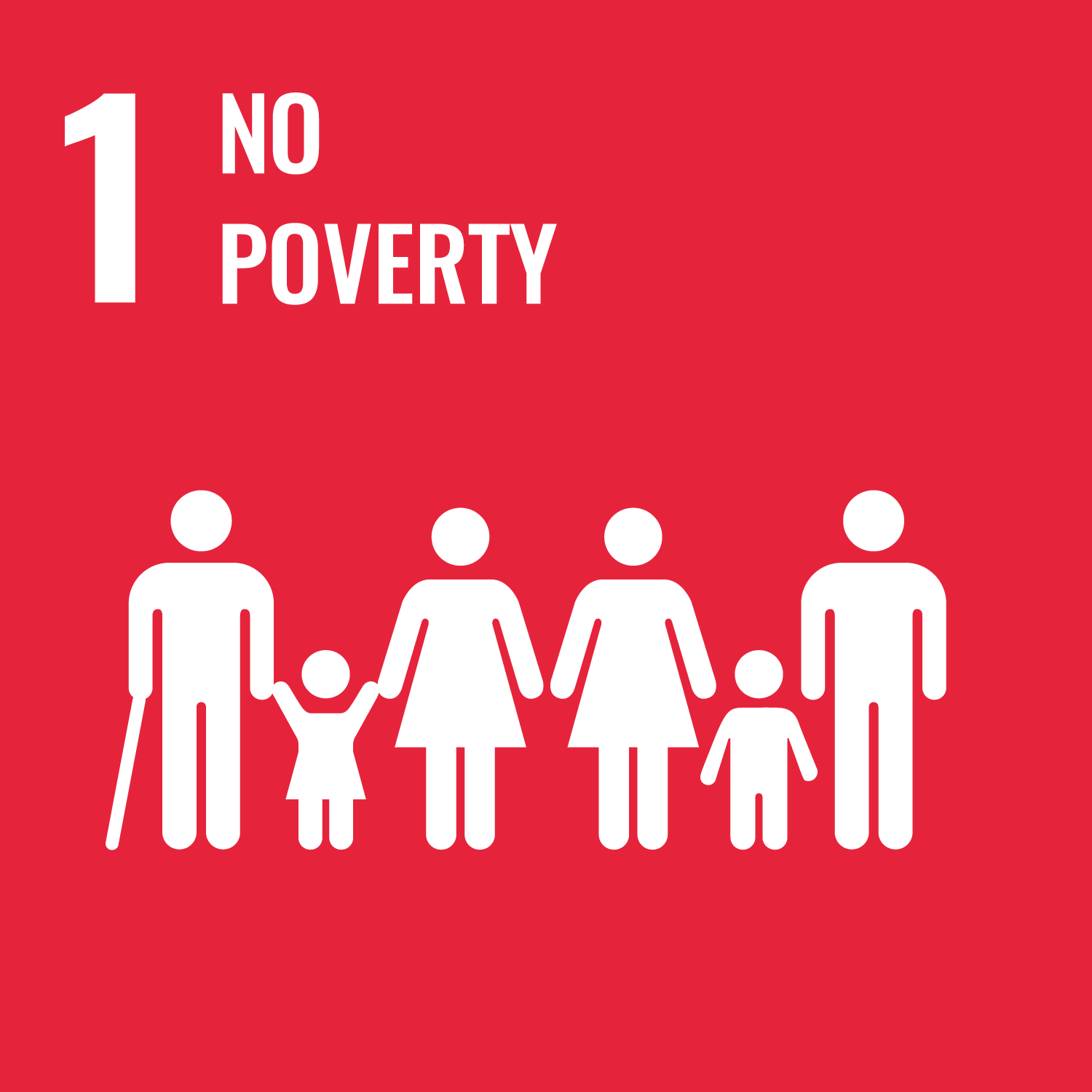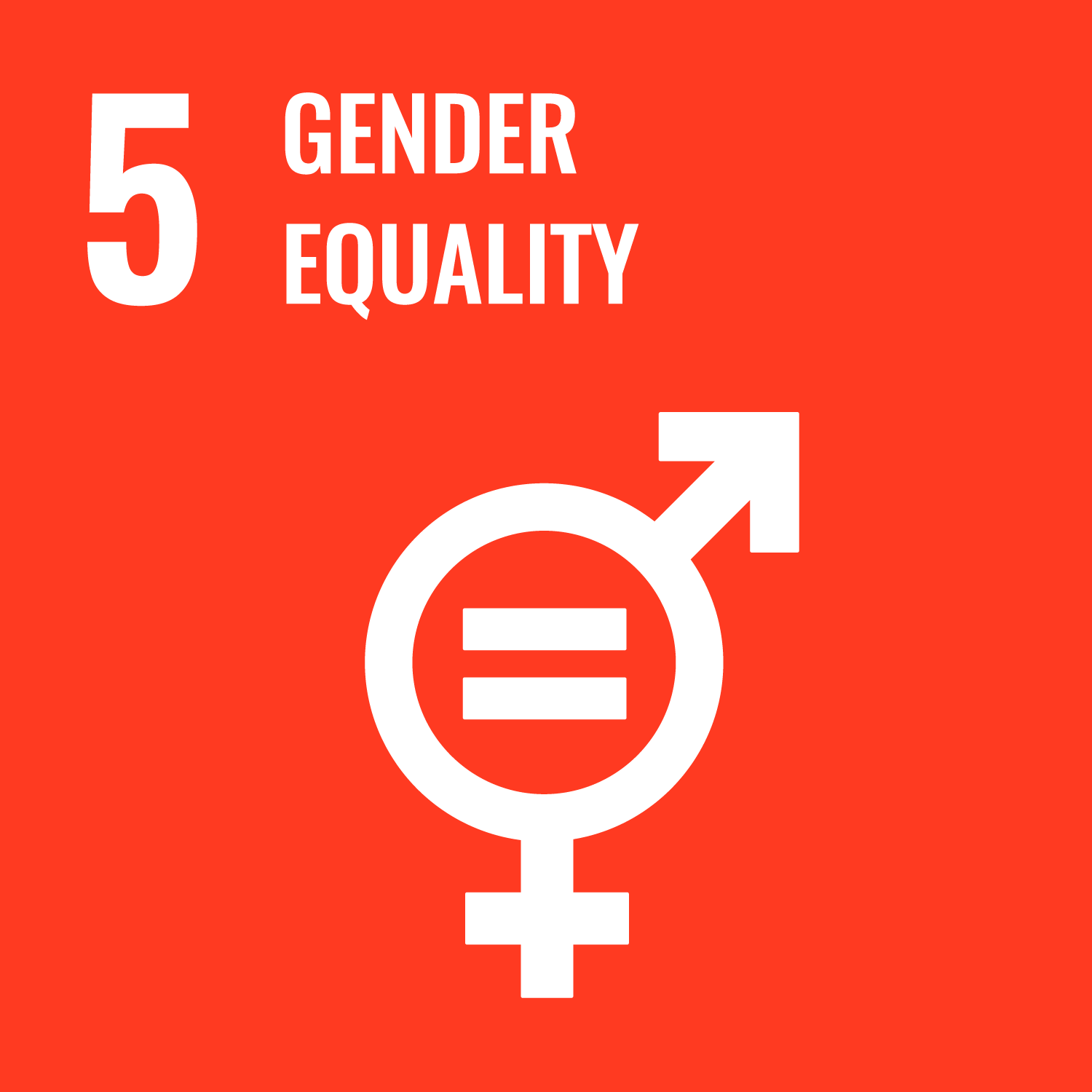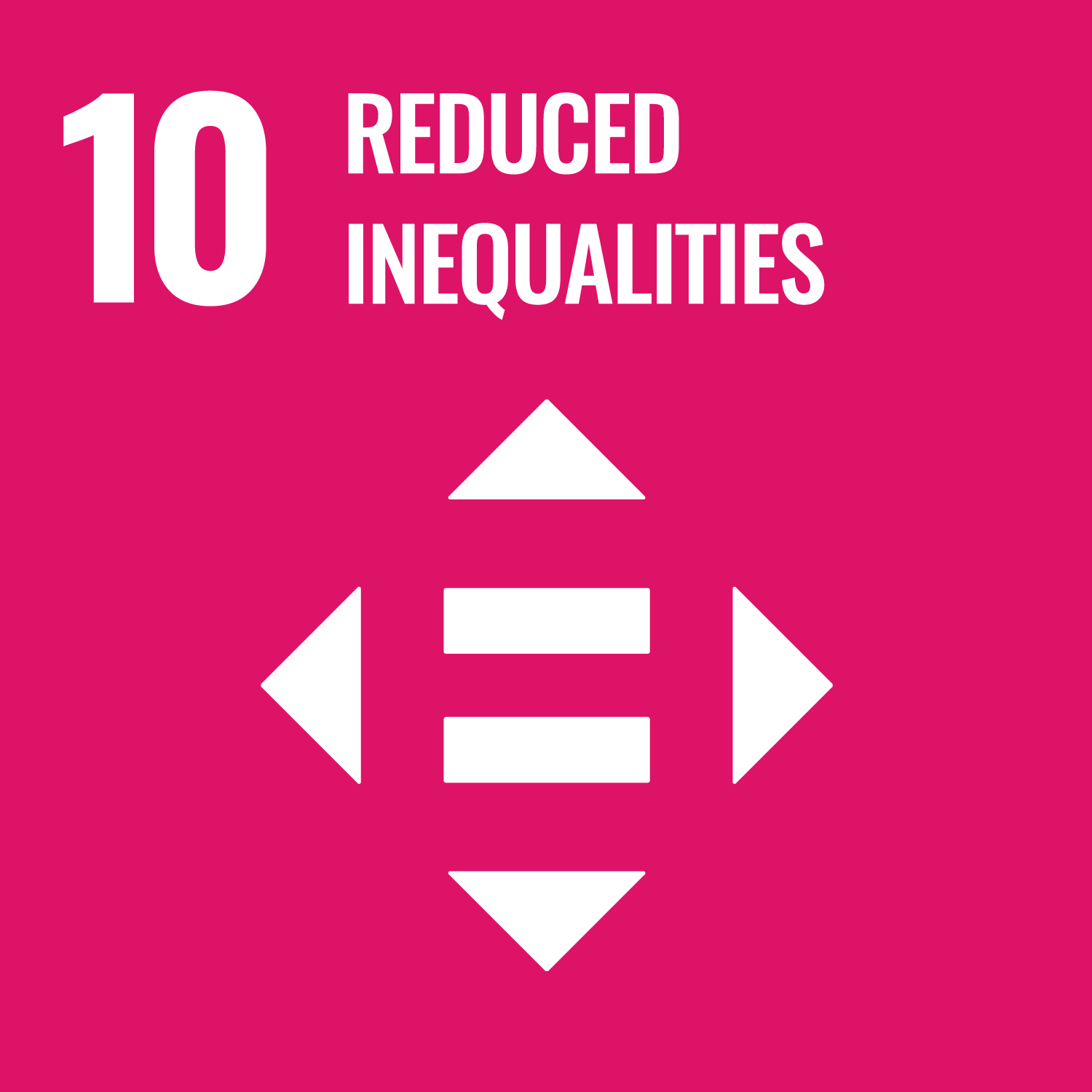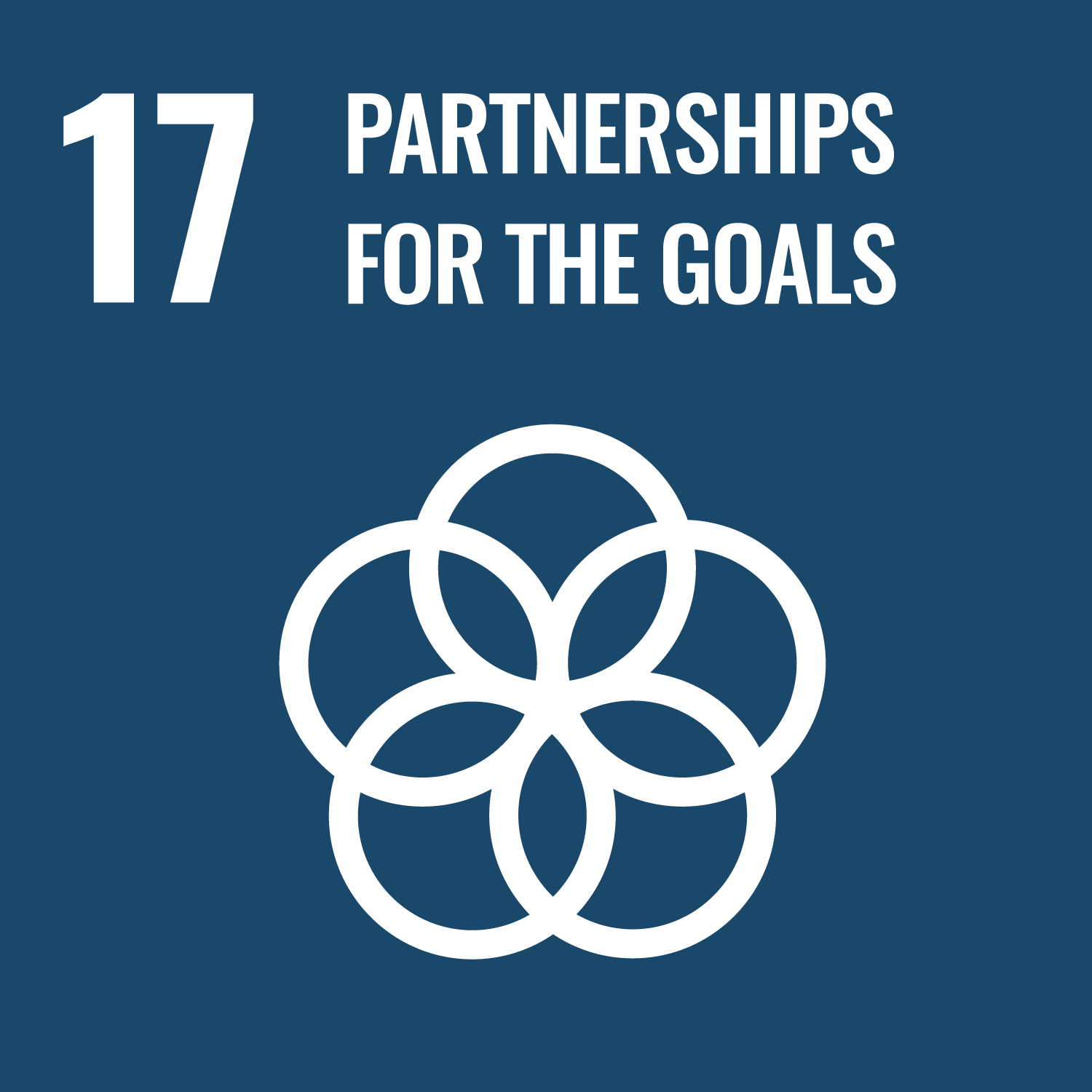Refugee Impact Bond (Second Tranche)
Aligned SDGs






- Refugee Impact Bond (Second Tranche)
- General overview
- Intervention
- Target population
- Location
- Outcome metrics
- Last data update
- Spreadsheet of data
- Refugee Impact Bond (Second Tranche)
- General overview
- Intervention
- Target population
- Location
- Outcome metrics
- Last data update
- Spreadsheet of data
General overview
Stage of development: Late stage
Policy sectors: Employment and private sector development / Education / Social protection / Humanitarian
Type of instrument: Impact Bond
Delivery locations: Lebanon
Country classification: Upper-middle-income
Expected launch date: Q2 - 2023 or later
Project design process began: Q1 2016
Max potential outcome payment: USD 8.80m
Intervention
Social or environmental challenge
Worldwide, conflict and climate crises are forcing more people than ever from their homes, with displacement and its impacts lasting years beyond the crisis. The Syrian conflict has driven 6.6 million people to flee Syria with 80% settling in neighbouring countries. This puts a strain on local economies and infrastructure as well as leaves refugees and their host communities struggling to access safe and dignified work, basic services, and affordable housing.
Description of the intervention
Near East Foundation will implement a micro-enterprise, vocational trainings and grants programme. The programme will support 3,000 refugees and Lebanese through business development and resiliance-building trainings. The majority of these will also receive start-up grants and coaching sessions to support the launch of their micro enterprise.
Target population
Vulnerable refugees and host communities (75% women and 30% youth)
Location
Country:
- Lebanon
Locality:
- Lebanon
Outcome metrics
- Number of business (or job) survival rate after 10 months, Increase in household spending levels on basic needs (as a proxy for household welfare)
Last data update
Data for this pipeline project was last updated in April 2022.
You might have noticed that some pipeline projects have more data than others. This is because organisations can share as much data as they want with the INDIGO initiative. If you have more data on one of these pipeline projects and would like to share with us, please get in touch at indigo@bsg.ox.ac.uk. Our full list of variables and data definitions can be found here.
Spreadsheet of data
Important Notice and Disclaimer on INDIGO Data
INDIGO data are shared for research and policy analysis purposes. INDIGO data can be used to support a range of insights, for example, to understand the social outcomes that projects aim to improve, the network of organisations across projects, trends, scales, timelines and summary information. The collaborative system by which we collect, process, and share data is designed to advance data-sharing norms, harmonise data definitions and improve data use. These data are NOT shared for auditing, investment, or legal purposes. Please independently verify any data that you might use in decision making. We provide no guarantees or assurances as to the quality of these data. Data may be inaccurate, incomplete, inconsistent, and/or not current for various reasons: INDIGO is a collaborative and iterative initiative that mostly relies on projects all over the world volunteering to share their data. We have a system for processing information and try to attribute data to named sources, but we do not audit, cross-check, or verify all information provided to us. It takes time and resources to share data, which may not have been included in a project’s budget. Many of the projects are ongoing and timely updates may not be available. Different people may have different interpretations of data items and definitions. Even when data are high quality, interpretation or generalisation to different contexts may not be possible and/or requires additional information and/or expertise. Help us improve our data quality: email us at indigo@bsg.ox.ac.uk if you have data on new projects, changes or performance updates on current projects, clarifications or corrections on our data, and/or confidentiality or sensitivity notices. Please also give input via the INDIGO Data Definitions Improvement Tool and INDIGO Feedback Questionnaire.